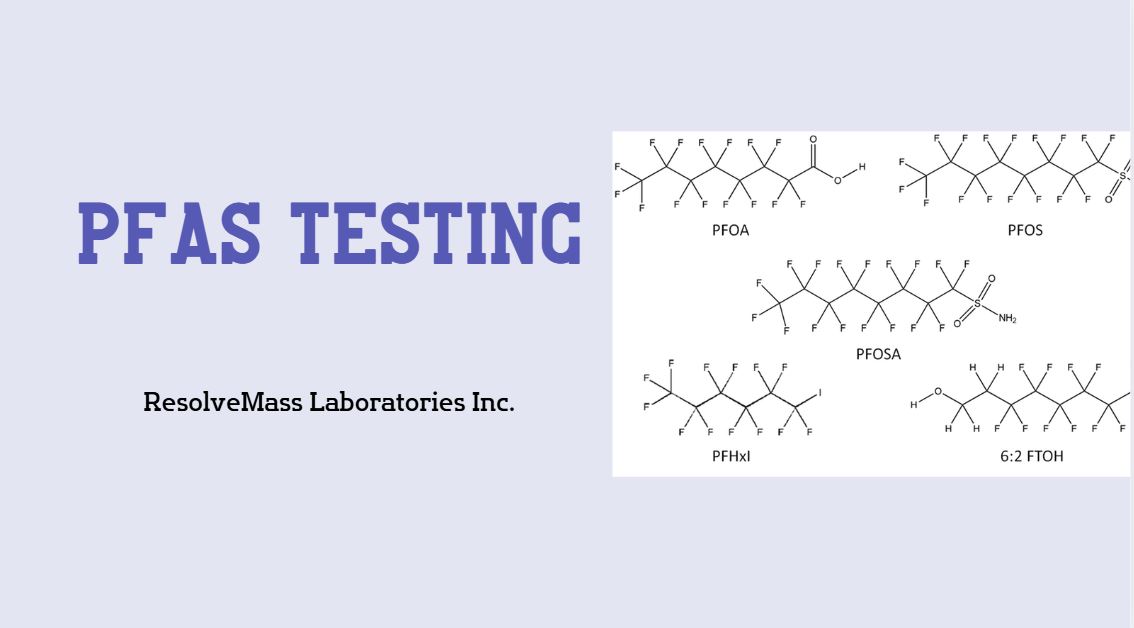Allergies are a growing public health concern, affecting millions of individuals worldwide. The complex interactions between allergens and the immune system, particularly immunoglobulin E (IgE), play a crucial role in the pathophysiology of allergic diseases. Recent advancements in antibody sequencing technology are revolutionizing allergy research, offering new insights into the immune response, identifying potential biomarkers, and paving the way for innovative therapeutic strategies. This blog explores how antibody sequencing is reshaping our understanding of allergies and its implications for diagnosis and treatment.
Understanding Allergies and the Immune Response
Allergic reactions occur when the immune system overreacts to harmless substances, known as allergens. These allergens can include pollen, pet dander, food proteins, and insect venom. The immune response typically involves the production of specific antibodies, primarily IgE, which bind to allergens and trigger the release of inflammatory mediators from mast cells and basophils. This cascade of events leads to the symptoms associated with allergies, such as sneezing, itching, and in severe cases, anaphylaxis.
The Role of Antibody Sequencing in Allergy Research
1. Characterizing Allergen-Specific Antibodies
Antibody sequencing allows researchers to characterize the specific antibodies produced in response to allergens. By analyzing the sequences of allergen-specific IgE and IgG antibodies, scientists can gain insights into the diversity and specificity of the immune response in allergic individuals.
- Diversity of Antibody Repertoire: Antibody sequencing reveals the diversity of the immune repertoire in allergic patients, highlighting how different individuals respond to the same allergen. This information can help identify why certain individuals develop allergies while others do notE vs. IgG Antibodies**: Understanding the balance between IgE and IgG antibodies is crucial in allergy research. For instance, IgG antibodies can inhibit IgE-mediated responses. By sequencing these antibodies, researchers can explore their roles in allergy development and management .
2. Allergen-Specific Biomarkers
Antibody sequencing can aid in identifying biomarkers associated with specific allergic diseases. This is particularly important for diagnosing allergies and differentiating between similar conditions.
- Food Allergies: By profiling allergen-specific antibodies in individuals with food allergies, researchers can identify unique antibody signatures that correlate with specific allergic reactions. These biomarkers could improve diagnostic accuracy and aid in the development of targeted therapies .
- Environmenies: Sequencing antibodies in patients with environmental allergies can reveal patterns associated with particular allergens, leading to improved allergen identification and personalized treatment approaches .
3. Exploring Mechanlergic Reactions
Antibody sequencing provides insights into the mechanisms underlying allergic reactions. By analyzing the genetic sequences of antibodies, researchers can identify mutations and variations that influence the antibody’s binding affinity to allergens.
- Epitope Mapping: Antibody sequencing facilitates epitope mapping, helping researchers determine which parts of an allergen are recognized by the immune system. This information is vital for understanding the allergenic potential of different proteins and for designing hypoallergenic variants .
- **Understanding Cross-Reactivirgic patients often react to multiple allergens due to cross-reactivity. Sequencing allows researchers to study the similarities between allergenic proteins and the corresponding antibodies, leading to a better understanding of cross-reactive responses and their implications for allergy management .
4. Advancing Allergen Immunotherapy
equencing is poised to advance allergen immunotherapy, a treatment approach that aims to desensitize individuals to specific allergens.
- Tailored Immunotherapy: By sequencing the antibodies present in allergic individuals, researchers can identify the most relevant allergens for immunotherapy. This targeted approach increases the likelihood of successful desensitization and reduces the risk of adverse reactions .
- Monitoring Treatment Response: Antibody sequ be used to monitor changes in the antibody repertoire during immunotherapy. Understanding how the immune response evolves can provide valuable insights into treatment efficacy and inform adjustments to therapy .
5. Discovering Novel Therapeutic Targets
The insights m antibody sequencing can lead to the discovery of new therapeutic targets for allergic diseases.
- Biologics Development: Sequencing data can inform the development of biologics, such as monoclonal antibodies, that specifically target IgE or other mediators involved in allergic reactions. These therapies could provide more effective and safer treatment options for patients .
- Small Molecule Drugs: Insights into the antibody repertoire cade the discovery of small molecule drugs that modulate the immune response, offering new avenues for allergy treatment .
Challenges and Future Directions
Despite the promising potential of antibing in allergy research, several challenges remain:
- Data Complexity: The vast amount of data generated through antibody sequencing necessitates advanced bioinformatics tools for analysis and interpretation, which can be a barrier to widespread implementation .
- Standardization: Standardized protocols and guidelines for antibody sequencing insearch are needed to ensure reproducibility and comparability of results across different studies .
- Ethical Considerations: As with any genetic analysis, ethical considerations regarding pati, data privacy, and the implications of genetic information must be addressed.
Moving forward, integrating antibody sequencing with other omics technologies, such as proteomics and metabolomics, could provide a more comprehensive understanding of allergic diseases. Additionally, advancements in sequencing technologies will continue to enhance the accuracy and efficiency of antibody profiling, paving the way for novel discoveries and therapeutic strategies.
Conclusion
Antibody sequencing is revolutionizing allergy research by uncovering new insights into the immune response, identifying potential biomarkers, and advancing therapeutic strategies. As technology continues to evolve, the impact of antibody sequencing on allergy diagnosis and treatment is expected to grow, ultimately improving the quality of life for individuals suffering from allergic diseases. At ResolveMass Laboratories Inc., we are dedicated to leveraging the power of antibody sequencing to drive innovative research in allergy and immunology.
Contact us today to learn how our antibody sequencing services can support your research efforts.

